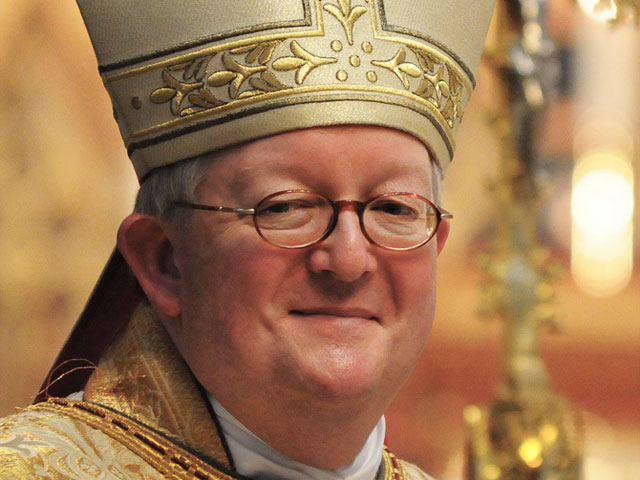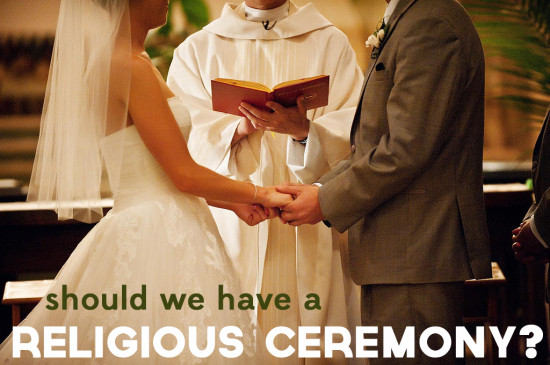The downfall of Cardinal Keith O’Brien, Britain’s senior Roman Catholic cleric, has not shown the press at its best. While the Observer, the Guardian newspaper’ Sunday edition, deserves high praise for breaking the story of the cardinal’s misconduct, a number of stories have adopted a gleeful and sanctimonious tone. Sex and religion sells newspapers – – but coupled with sloppy language and malicious hyperbole good reporting can be squeezed out of a story.
On 3 March 2013 Cardinal O’Brien admitted “there have been times that my sexual conduct has fallen below the standards expected of me as a priest, archbishop and cardinal.”
The Guardian reported that Cardinal O’Brien:
… who was forced to resign by the pope last week, has made a dramatic admission that he was guilty of sexual misconduct throughout his career in the Roman Catholic church. … The former archbishop of St Andrews and Edinburgh, and until recently the most senior Catholic in Britain, apologised and asked for forgiveness from those he had “offended” and from the entire church.
… O’Brien’s resignation was remarkable in its speed; his apology is all but unprecedented in its frankness. Many sexual scandals or allegations of misconduct against individuals or the wider church have dragged on for years.
A second story by the Guardian commented that the cardinal’s real sin was not his abuse, but his hypocrisy.
In purely human terms, the story of Cardinal O’Brien’s resignation is tragic. He had spent a lifetime reaching the upper echelons of his church, but after allegations of inappropriate behaviour made in the Observer last Sunday his fall from grace took just 36 hours. Not one of the four complainants takes any satisfaction from that. This is not about the exposure of one man’s alleged foibles. It is about the exposure of a church official who publicly issues a moral blueprint for others’ lives that he is not prepared to live out himself. Homosexuality is not the issue; hypocrisy is. The cardinal consistently condemned homosexuality during his reign, vociferously opposing gay adoption and same-sex marriage. The church cannot face in two directions like a grotesque two-headed monster: one face for public, the other for private.
Other outlets took up the theme of hypocrisy with Salon offering the most over-the-top piece that I have seen so far. Under the title, “Cardinal ‘Tyranny of tolerance’ O’Brien is a hypocrite of the worst order”, Salon published a puerile screed that began:
He was a homosexuality-condemning cardinal who is now embroiled in a tale involving his alleged “drunken fumblings” and unwanted advances toward other men. Well, at least this one’s a Catholic Church scandal that doesn’t involve children. Progress, maybe?
Standing outside of the issue of the cardinal’s misconduct, the journalistic question I would question in these reports is the assertion that Cardinal O’Brien is a hypocrite.
Hypocrisy is saying one thing and doing another. Here the cardinal is accused of hypocrisy for promoting traditional Christian moral virtues while having failed to live up to them in his private life. An example of hypocrisy familiar to most GetReligion readers would be the scene from the movie Casablanca. Ordered by the Germans to close Rick’s Café, Capt. Renault states he is shocked to find that gambling is taking place in the club. Gambling is illegal Capt. Renault states just as he is handed his winnings from the croupier.
Hypocrisy is different, however, from failing to practice a virtue that one preaches. In Rambler No. 14 Samuel Johnson distinguished between hypocrisy and moral failing.
Nothing is more unjust, however common, than to charge with hypocrisy him that expresses zeal for those virtues which he neglects to practice; since he may be sincerely convinced of the advantages of conquering his passions, without having yet obtained the victory, as a man may be confident of the advantages of a voyage, or a journey, without having courage or industry to undertake it, and may honestly recommend to others, those attempts which he neglects himself.
If the cardinal were engaging in homosexual activities today while preaching the necessity of upholding traditional moral standards, he would be a hypocrite. However, no evidence has been presented that the cardinal has done this. My colleague, Peter Ould, wrote about this scandal:
If Keith O’Brien was publicly teaching one thing and privately practising another, then that’s hypocrisy. If on the other hand he sinned in the past, repented and then taught that such behaviour he had engaged in was sinful, that’s not hypocrisy, that’s grace.
And it is this distinction the secondary reports in the Guardian, Salon and other newspapers do not seem to comprehend. I do not know the full story but before I would accuse the cardinal of hypocrisy I would want to make sure that he was the being a hypocrite. Did he repent? Did he seek absolution for his sin? Or is he a reprobate who did not see his conduct as having been wrong — until his story was printed in the Observer? These questions need be asked before the assertion of hypocrisy is made.
Cardinal Keith O’Brien has committed a thought crime — he teaches that homosexual conduct is immoral while being subject to sexual temptation himself. He has fallen short — but does he teach something he does not believe?











